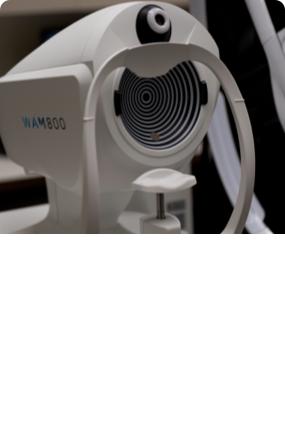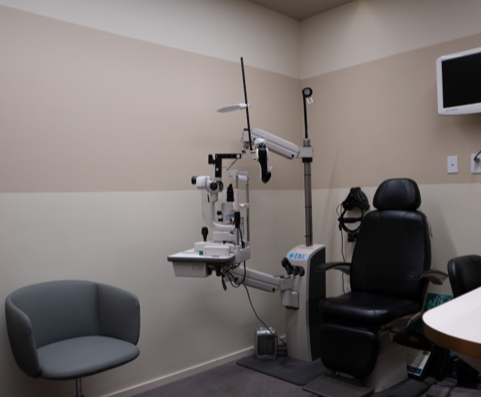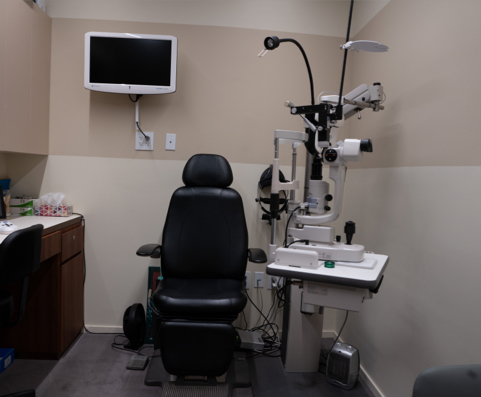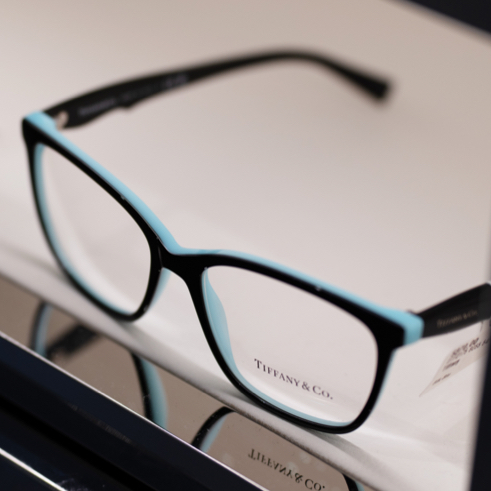Our vision connects us to the world around us, bringing colour and detail to our everyday experiences. Whether you’re reading a book, admiring a sunset, or spending time with family, healthy eyes play a crucial role.
While we might not always consider it, diet can significantly impact eye health. Including specific foods in your diet can provide essential nutrients that help keep your vision clear and vibrant.
Here’s a quick guide to the top 10 foods that contribute to eye health:
- Dark leafy greens
- Fish
- Nuts and seeds
- Citrus fruits
- Carrots
- Sweet potatoes
- Bell peppers
- Eggs
- Beef
- Water
Dark Leafy Greens
Dark, leafy greens like spinach, kale, and collard greens are nutrient powerhouses for your eyes. Packed with antioxidants such as lutein and zeaxanthin, these greens help protect your eyes from harmful free radicals. Incorporating them into your meals can reduce the risk of chronic eye diseases and maintain overall eye health.
Fish
Fatty fish like salmon, mackerel, and sardines are rich sources of omega-3 fatty acids. These essential fats play a vital role in visual development and eye health. While some studies suggest omega-3 supplements might improve dry eye symptoms, we do know they can help ward off age-related macular degeneration.
Nuts & Seeds
Almonds, walnuts, chia seeds, and flaxseeds are excellent snacks for maintaining eye health. They provide vitamin E, which is crucial for protecting your eyes from damage caused by free radicals, and seeds are one of the few good sources of omega-3s, other than fish as we mentioned before. Additionally, the zinc in nuts and seeds supports the retina and may slow the progression of vision loss.
Citrus Fruits
Oranges, grapefruits, lemons, and limes are rich in vitamin C, an important antioxidant for eye health. This vitamin helps lower the risk of cataracts and supports the health of blood vessels in the eyes. Adding a splash of citrus to your diet can brighten not only your palate but also your vision!
Carrots
You can ask Bugs Bunny, but carrots have long been associated with eye health, and for good reason. They contain beta-carotene, a type of vitamin A key to maintaining healthy eyesight (and gives carrots their signature colour!). Beta-carotene helps prevent night blindness and other vision problems, making carrots a crunchy and colourful addition to your meals.

Sweet Potatoes
Sweet potatoes are another excellent source of beta-carotene, along with vitamin E. Their vibrant orange hue (remember the beta-carotene?) signals their rich nutrient content, which supports eye health by reducing the risk of macular degeneration and maintaining moisture in your eyes.
Bell Peppers
Bell peppers are loaded with vitamin C. It doesn’t matter the colour, this vitamin promotes healthy blood vessels in the eyes and can lower the risk of developing cataracts. Enjoy them raw for a crunchy snack or roasted for a sweet addition to your dishes.
Eggs
Eggs provide lutein and zeaxanthin, 2 powerful antioxidants that are part of a set of nutrients that protect against age-related macular degeneration. These nutrients are primarily found in the yolk, along with healthy doses of vitamin A. So don’t skip the yolks in your omelet! The yolks also contain cholesterol, which usually gets a bad rap, but cholesterol is a main component of myelin, the insulating cover to every nerve in your body, including the optic nerve. Cholesterol also has a role in supporting your immune health, and it is a component of vitamin D, aka cholecalciferol.
Beef
Beef is an excellent source of numerous vitamins and minerals including zinc, a mineral that supports eye health by enhancing the immune system and protecting the retina. A lack of zinc on the other hand could lead to night blindness. Beef really should be considered a super-food, as it contains all the essential nutrients, amino acids, and healthy fats for a complete whole-food diet.
Water
Sometimes, you just need to keep things simple. It won’t be the only thing you’re having for dinner, but drinking water is essential for overall health, including your eyes. Proper hydration helps maintain moisture balance and can prevent dry eye symptoms. Make sure to drink plenty of water throughout the day to keep your eyes refreshed.
Bringing it all together
The big picture here is that the optimal diet for eye health can include a wide range of whole foods that can suit just about anyone’s taste preferences. And equally as important as including these whole foods is eliminating processed & ultra-processed foods. These are typically commercially-made food-like products that come in a box or bag and have a long ingredient list including ingredients that are hard to pronounce or spell and are not easily identifiable. It’s really important to do your best to prepare your own meals from scratch and eat foods in their least processed forms. And if you’re not already a seasoned home chef, you’d be surprised at how fun it is to learn to cook!
Keep Your Vision on Track with Regular Check-Ups
While these foods can certainly contribute to healthier vision, it’s important to remember that they are just one piece of the puzzle. Regular eye exams are key to uncovering issues early and starting prompt treatment. While you’re incorporating these delicious and nutritious foods into your diet, Orchard Park Optometry is ready to provide comprehensive eye care with a personal touch.
Book an appointment with us today. We look forward to seeing you soon!


















